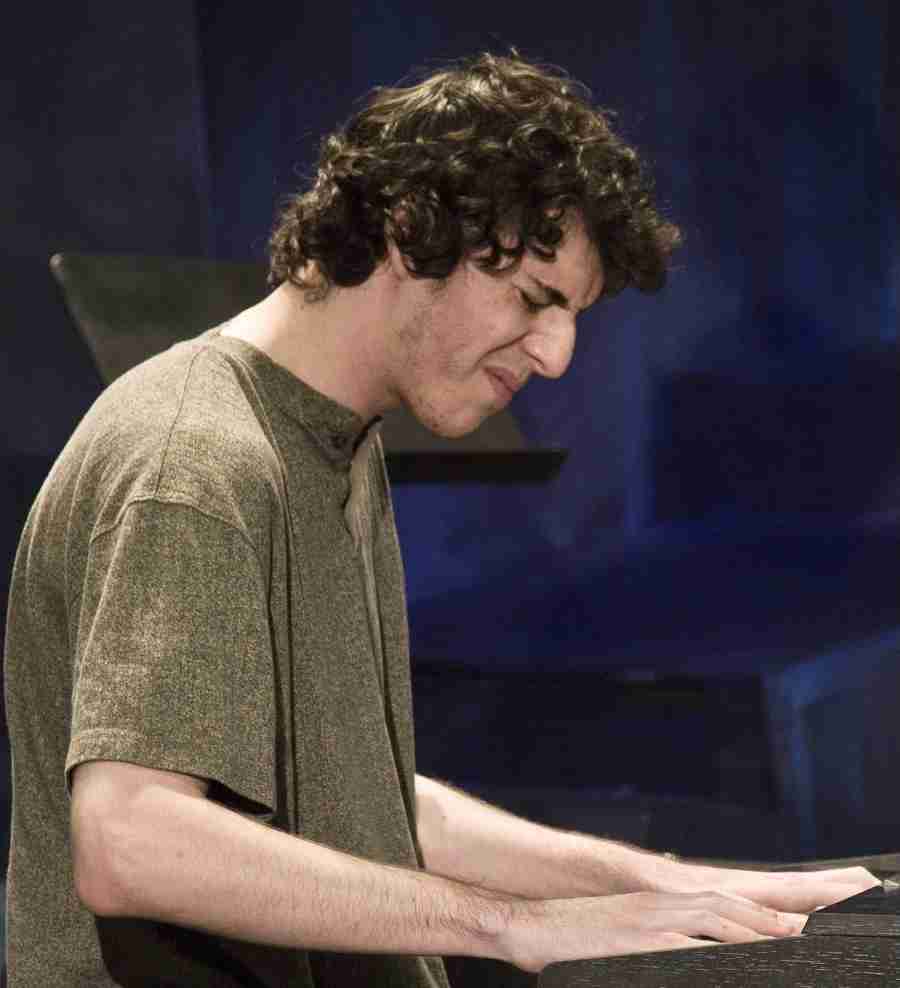
You Don’t Need Sheet Music
Improvisation, or "spontaneous composition," is at the heart of the jazz approach. Outside of a big band setting, jazz musicians rely very little on the printed manuscript. In fact, jazz music is deeply rooted in the American spirit of freedom, with an emphasis on the performers’ voice. Classical music, on the other hand, places a much higher emphasis on serving the composer’s intentions. One reason why you might want to learn jazz piano is to gain the ability to sit down and play freely at any piano, anywhere, without the need for sheet music!
Memorize Hundreds of Songs
A second reason why you may want to learn jazz piano is that jazz pianists are able to memorize hundreds of songs. While classical pianists also memorize repertoire, they rely mainly on score memory and muscle memory. On the other hand, jazz pianists focus on learning a collective language. In fact, by memorizing the 8 most common chord progression in jazz music, you will be prepared to play hundreds of jazz standards from memory.
Stylize Any Song
Jazz pianists are taught a variety of styles including swing, bossa nova, and jazz ballad. These style formulas enable them to adapt a melody into any style on the fly.
Finally Understand Chords
If you want to personalize the songs you’ll be playing, then this is another reason why you should learn jazz piano. Jazz pianists develop a functional understanding music theory that enables them to analyze harmony on the macro and micro levels. As a result, jazz pianists will frequently create their own arrangements that include chord substitutions, passing chords and reharmonization.
Train Your Ear
Another reason why jazz piano may be for you is if you prefer to learn complex chords. Jazz piano trains your ear to hear subtle chord nuances that you can then deploy at will.
Freedom to Arrange
If you want to develop the skill to play from a lead sheet, then learning jazz piano is for you. Lead sheets contain the raw materials of a tune, include the melody and chords. Unlike traditional piano scores that dictate precisely every note, jazz pianists use arranging techniques to “realize the lead sheet” in a particular style. Jazz pianists are also adept at transposing songs into different keys, creating intros and outros, and adding modulations.
Jam With Strangers or Friends
If you want to be able to jam with strangers or friends, learning jazz piano will open doors for you play freely with other musicians, including those whose native language is different from your own. Jazz is a universal language spoken by musicians from all over the world.
Jazz Chords Improve Any Style
There’s another reason why you might want to learn jazz piano, even if you are more drawn to pop styles. The distinctive harmonic language of jazz music can be used to improve any style of music by adding lush chord colorations.
Discover Your Voice
Another reason to consider learning jazz piano is that studying jazz provides the reward of discovering your unique musical voice. Just as no two human voices are the same, likewise, no two jazz musicians sound the same. By studying jazz piano, you too will be able to develop your own, distinctive sound and style.
Insanely Fun!
The final reason why we recommend learning jazz piano is that it is insanely fun to play! Spontaneously creating music in the moment is a joyful experience that creates meaningful connections with others.